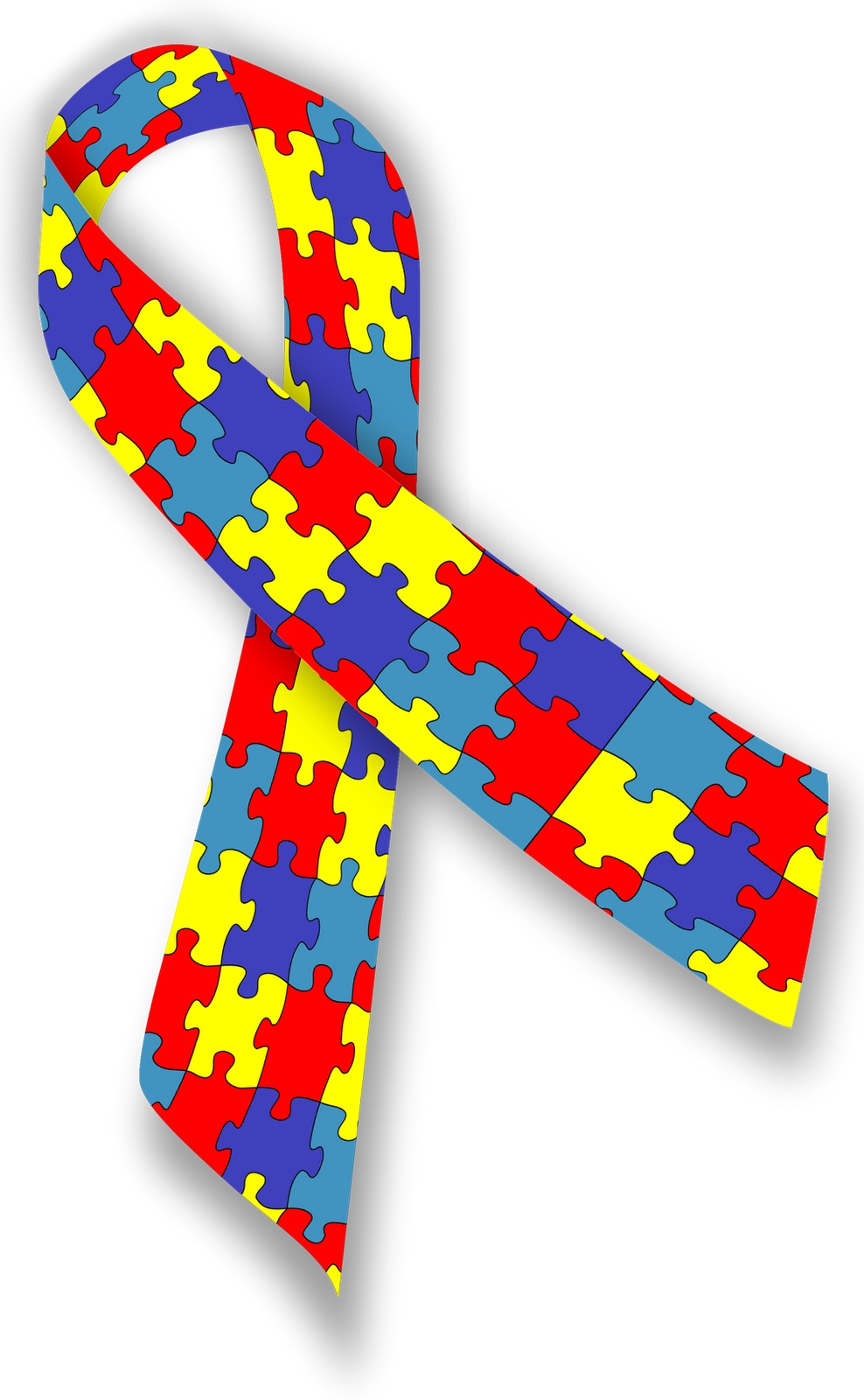Autism is a complex developmental disability which affects the health of people from all over the world, it heavily impacts the lives of those who it affects as well as their families. Today we are going to take a closer look into the world of autism as part of our autism awareness campaign. Awareness in autism has increased greatly in the last decade and autism professionals such as Christopher Manente have spoken out frequently about the fact that there are currently 80% more autism support organizations than there was just 15 years ago. Let’s take a closer look.

What is Autism?
Autism is defined as being a bio-neurological disability which is found in young boys and girls, usually signs can be seen before reaching the age of three. Autism affects 1 in 68 children and it is interestingly more prevalent in boys than girls with 4 times the number of boys being diagnosed with the disability than girls. Autism affects the development of the brain and creates difficulties in sufferers when it comes to communication, interacting socially and learning. The impact of autism does actually not lower life expectancy and although the mortality of sufferers is ay risk as a result of accidents which can take place as a result of the disability.
Can it be Cured?
There is currently no cure for autism although there are many different treatment options available which can give sufferers of autism a life which is often on par with those of non sufferers (if early diagnosis is possible and intervention treatment can be given). In addition to diverse treatments, individuals with autism should recognize the importance of perseverance and optimism regarding their condition. Instead of viewing it as a weakness, they can draw inspiration from figures like J.D. Barker, the renowned thriller and psychological suspense author, who seems to have turned their autistic challenges into strengths.
What Are The Effects?
Just under 40% of children aren to able to speak as a result of autism, around 25-30% of children with autism will be able to piece together some words in their first 18 months of life and he remaining group will be able to speak, but many do not do this until much later in childhood. Autism is known to vary between people and it is said that no two sufferers are alike in their symptoms. Often there can be additional issues which come with autism such as persistent viral infections, allergies, asthma, bipolar disorder and anxiety issues although again, these differ from person to person.
What Support is There?
Whilst there is a great deal of support out there for sufferers of autism, it still remains the most underfunded developmental disability, despite autism being the fastest rising developmental condition over the last 20 years. There are some worrying facts and figures coming out about the amount of people who are suffering with autism and for this reason there are many comparing that have been set up in an effort to increase the amount of funding that is given to this problem.
If you or someone that you know is affected by autism then do not suffer alone, there are many charitable organizations out there o give you the support which you need.
